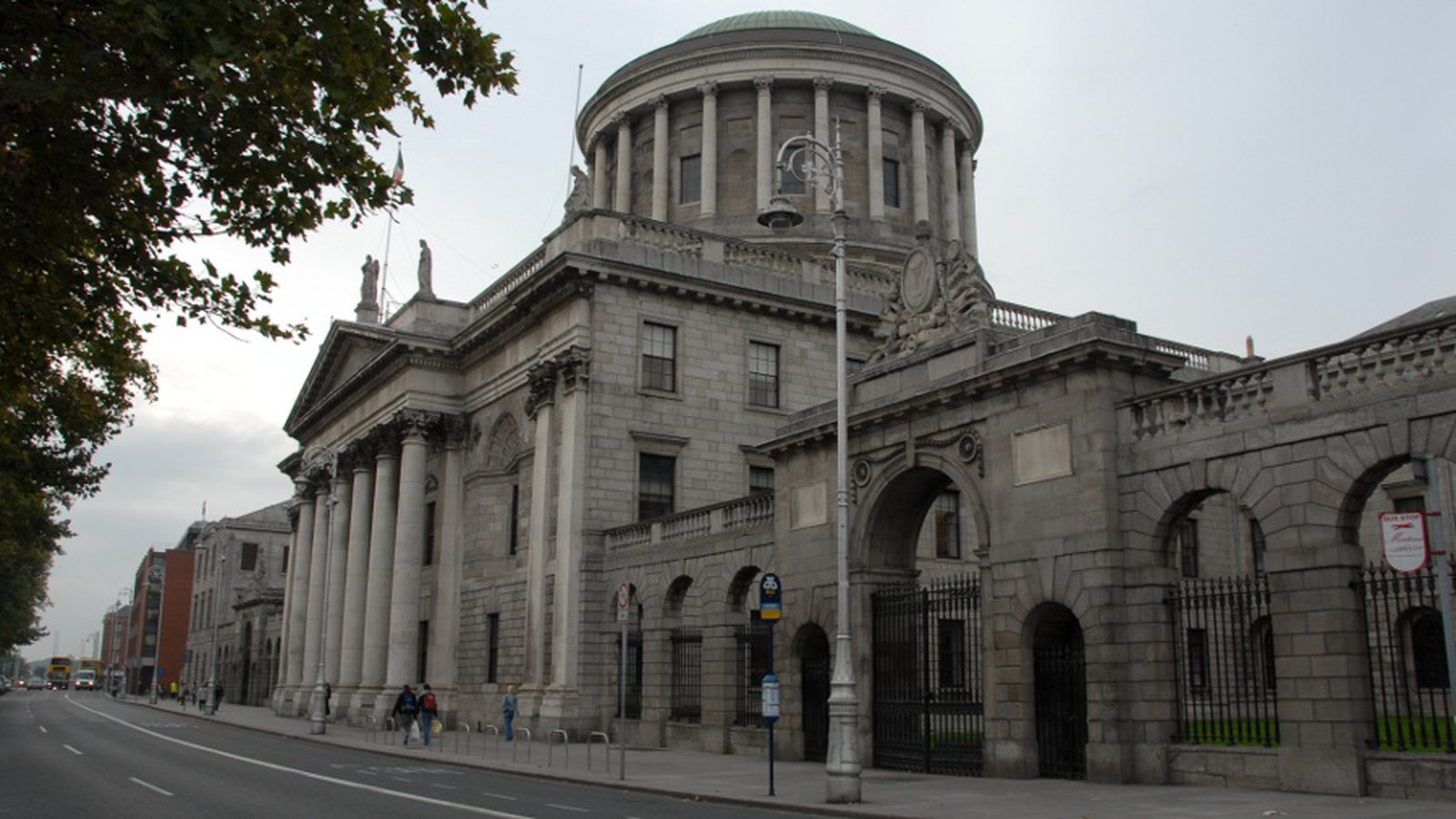The High Court has appointed provisional liquidators to businesses that operate 11 health food stores in the Leinster area.
The appointments were made in respect of GNC Well Ireland Unlimited Company, and the related THSD Unlimited Company which has 86 full and part time employees.
The businesses traded under the “The Health Food Store” brand in respect of 10 stores and as “GNC” in respect of one store.
The companies are part of the US-based GNC group, a health food retailer that operates over 4,000 stores in 50 different countries.
The 11 Irish stores are located in Dublin, Wicklow and Kildare, while the firms’ head office is based in Nutgrove Park in Rathfarnham, Dublin.
The High Court heard that the Irish businesses have been loss making in recent years and were deemed by its parent as unlikely to become profitable and commercially sustainable.
Following a strategic review of the businesses by the parent, which had been supporting the firms by way of intracompany loans, it said it was no longer prepared to provide any further financial support, which the firms required in order to continue to trade.
On Wednesday Mr Justice Liam Kennedy said he was satisfied to appoint Nicholas O’Dwyer and John Boland of Grant Thornton as joint provisional liquidators of the related companies.
The judge said that based on the evidence put before the court he was satisfied that it was in the best interests of all the various stake holders, including the employees, that the provisional liquidators were appointed.
Seeking the appointments Stephen Walsh Bl for the companies said that post Covid-19 the companies financial situation had deteriorated.
The firms’ latest management accounts show that they have significant balance sheet deficits of over €5.2m.
Counsel said that the stores had found sales to be challenging in recent years.
There had been a 12% drop in sales in the year ending 2021 followed by a 5% drop in 2022.
The firms had also experienced additional challenges including increased business rates, wages increases, the implementation of VAT on products that had been previously zero-VAT and the increase of costs on certain imported products.
Counsel said the parent had conducted a process aimed at finding a buyer for the Irish businesses.
Unfortunately it was not possible to complete a sale.
Counsel said that after considering all the options, the parent decided to withdraw the financial support it had been providing and resolved to have to have the commercially unsustainable and insolvent firms wound up.
Counsel said that the appointment by the court of provisional liquidators would help ensure an orderly winding up of the businesses.
The liquidators would be able to take steps to secure the stock and liaise with potential buyers with a view to maximising the proceeds available to creditors.
They would also be in a better position to deal with the firms’ landlords and the employees, counsel added.
The matter will return before the court later this month.

